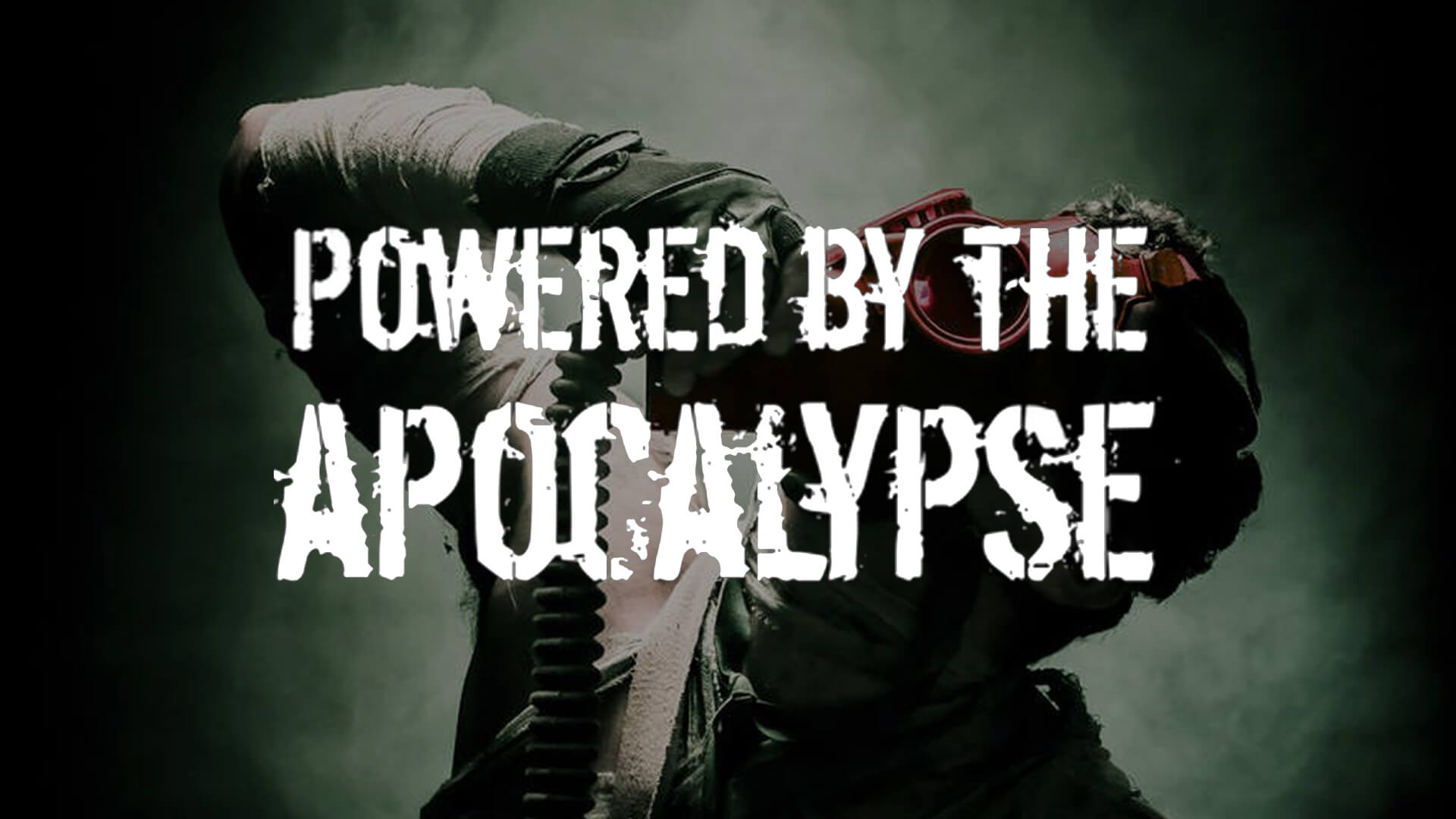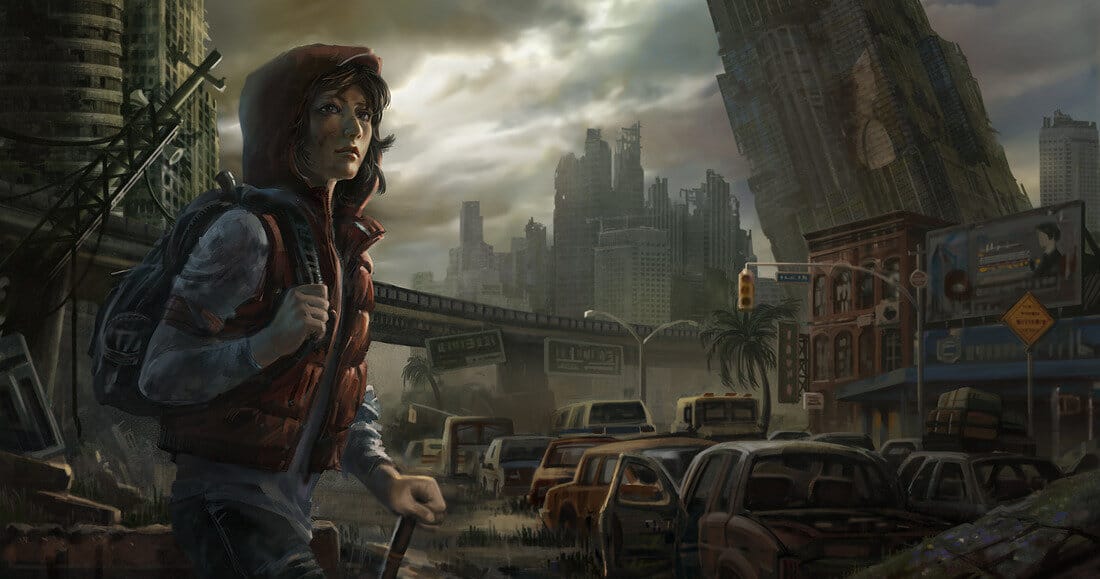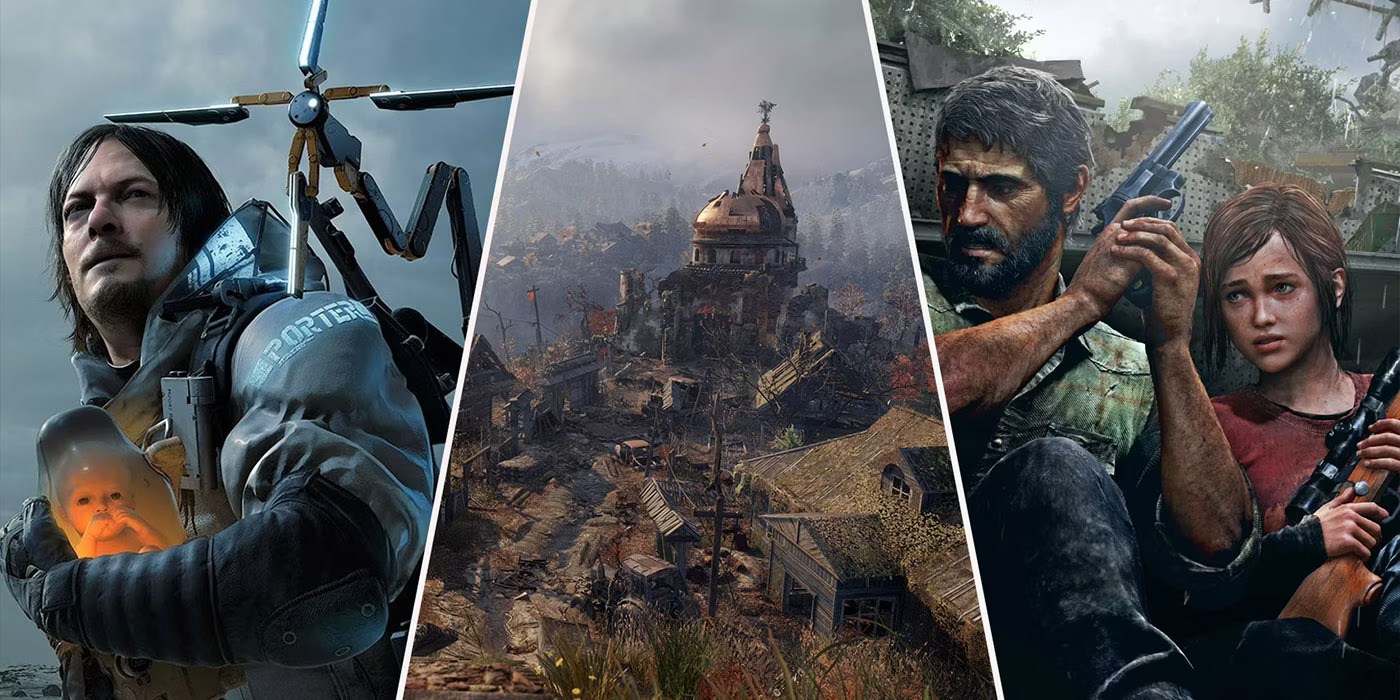There is no better way to get started with post-apocalyptic TTRPGs (table top role-playing games) than getting your hands on one. And when it comes to such a game, most people would probably suggest that you get familiar with Dungeons & Dragons, one of the all-time most popular titles. As good as D&D might be, it is not the only RPG on the market.
If you particularly like fantasy adventures in the aftermath of a doomsday event, Apocalypse World stands out from the crowd. The game offers plenty of exciting challenges to seasoned players, while at the same time allowing beginners to learn without unexpected difficulties.
Another thing to keep in mind is that the design and mechanics of Apocalypse World later became the foundational system for the development of the Powered by the Apocalypse framework, which has been adapted for hundreds of other titles. Every game stamped with a “PbtA” badge carries many elements first observed in Apocalypse World; thanks to the flexibility and simplicity of the mechanics, even games from different genres can apply a similar system to their settings as well. In other words, it is likely the ideal, and perhaps the only, gateway you need to exploring the world of post-apocalyptic TTRPGs.
Basic Mechanics
Like most post-apocalyptic stories in novels and films, Apocalypse World is a place where you have to fight for survival against seemingly impossible odds. Especially for novice players, picking up a PbtA rulebook will help you feel quickly at home with the mechanics, although the overall gameplay is not actually that difficult to understand.
More Power to the Players
You can also say, “less power to the Game Master” in this context. In most tabletop games of just about every genre, the person in charge of the story is known as either GM (Game Master) or MC (Master of Ceremony). Apocalypse World begs to differ and hands more power to the players instead.
The MC is not incentivized to either prolong the story or hasten the game in its entirety. In Apocalypse World, the main point of being an MC is to deliver appropriate responses to every player’s actions. An MC has no practical reason to intercept gameplay with a grand plan to subvert your (or anybody else’s) progress or to design how the post-apocalyptic adventures are supposed to end. Worldbuilding and careful preparations are keys to an enjoyable gameplay and victories.

In every instance the MC responds to an action, whether by inflicting certain harms or revealing unexpected obstacles of any sort, the PbtA rulebook makes sure players answer the essential question, “what do you do?” and the narrative basically follows the interactions. For example, in a situation full of uncertainties, the player may decide to continue a battle or take time to heal and reinforce the party; the same rule applies to every move so the story is pretty much dictated by the choices players make. The MC is there merely to facilitate the plot.
No Overcomplicated Dice
Rolling dice is the tried-and-true system that functions like a pre-determined randomizer – if the oxymoron makes sense. Quite a lot of tabletop games use the supposedly simple dice-rolling to make things unnecessarily complicated to the point where only die-hard fans can see the fun. However, it does no good to say that post-apocalyptic TTRPGs are made only for experienced and devout players. For example, D&D requires you to roll 20-sided dice just to attack an enemy with a single blow, and you will need to check the character’s spec sheet only to see if you’re doing the math correctly. Let us not forget to first figure out the types of damage to be inflicted and bonus points. Games should be for everyone, including first-time players and enthusiastic learners. Because over-simplification is also unwise, Apocalypse World handles things with just the right extent of moderation.
Every player does things the same way. It does not matter if you want to attack a villain, infiltrate an enemy’s base, or engage in high espionage, you need to roll 6-sided dice and add some straightforward modifiers to the result. Apocalypse World only has five modifiers: weird, sharp, cool, hot, and hard. As soon as the dice are rolled, all players can anticipate what will happen next in the story. You get a near miss, complete success, or moderate defeat. New MCs will likely enjoy the system, too. They never have to set any particular difficulty rating, determine what the outcome should be, or turn an exciting session to a halt because math is in the way. It is neither plain simple nor too complex.
We think good post-apocalyptic TTRPGs should be designed with the kind of mechanics and come with a set of rules everyone can enjoy. Although there isn’t really a one-size-fits-all when it comes to gaming experience, tabletop or any other kinds, it might be a good idea to have a system in which first-time players, novices, intermediates, and experts can gather and remind themselves that a game is at its best when it has the power to bring people together.
Do you actually enjoy tabletop games? Which post-apocalyptic TTRPG have you played the most? We’d love to hear from you.
Other Things You Might Want to Know:
Other than Apocalypse World, what games are based on the Powered by the Apocalypse system?
To name a few:
• Velvet Glove
• Monster of the Week
• Peace Was Never an Option
• Masks: A New Generation
How many PbtA rulebooks are there?
More than 500 rulebooks are available. Of course, they don’t all have the same rules.
Are all PbtA games essentially the same?
It is not entirely accurate to say that PbtA is a system in itself. A game that uses PbtA mechanics means it copies some elements from Apocalypse World and modifies them as needed without taking away their essence of versatility and simplicity.
Check out other articles by month:







